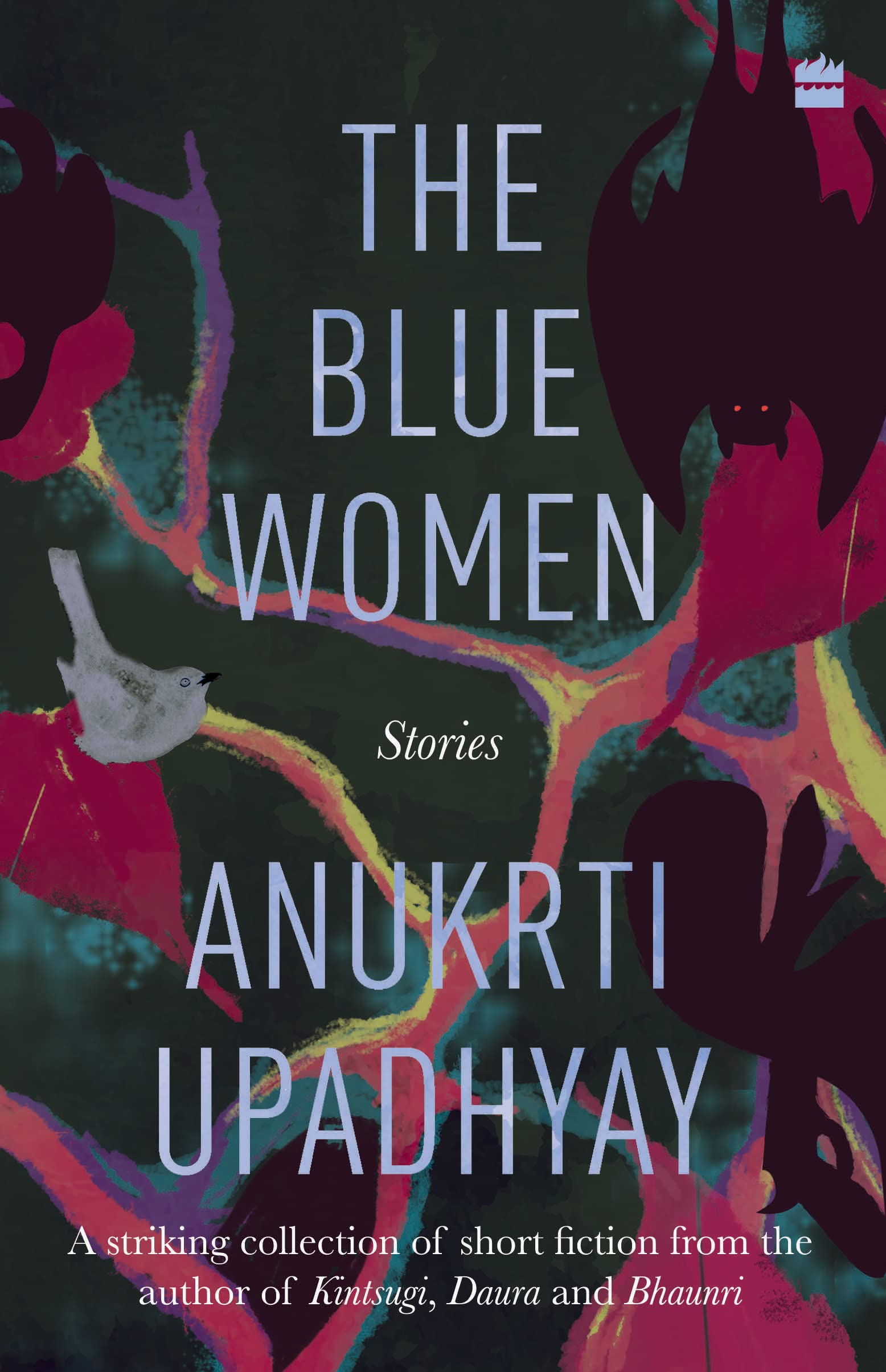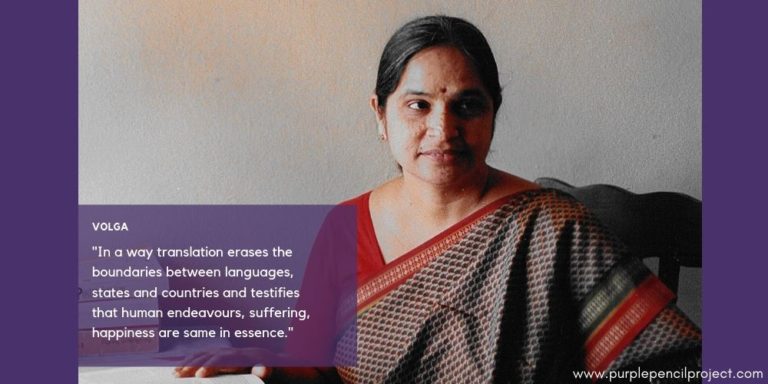The Blue Women by Anukrti Upadhyay navigates into lived lives of people, their inner demons, and perceived evil.
Life is not a victim of reason and logic. We tend to look for causality, we often do not succeed. We live, and we react. It does not make sense, so we try to find comfort in stories where there’s a beginning, middle, and end, in whatsoever order.
We encourage you to buy books from a local bookstore. If that is not possible, please use the links on the page and support us. Thank you.
These three acts relate to each other, they make sense, and they show causality – there was a reason for this to happen, and there was a cause for her to respond in such a way. There is clarity when words are strung along, a clarity that is defied by life. To replicate this defiance, to let it have a space, to allow it to breathe, is the work of a genius that Anukriti Upadhyay is.
The Blue Women is a collection of short stories by Upadhyay that navigates into lived lives of people, their inner demons, and perceived evil. The stories have you sitting on the edge as in a thriller, sometimes a really good psychological thriller. They end with you heaving a loud sigh, an indication that you were holding your breath the whole time.
Narrative
The stories in The Blue Women are character-driven, sometimes in conversations between two people leading to a story within a story format. The reader is often the curious listener in the stories, someone who just flagged down a cab, is taking respite from the rain at a gas station, or simply enjoying masala dosa at an age-old eatery.
These third-person narrations bring in the larger world, be it a family or workplace, a celebration or a funeral, in scenes painted with vivid colours and phrases like, “a younger sun” or “a less tired earth.”
The first-person narration often depicts the inner psychology of characters that range from teenagers to older men and women, the sexualities and sexual transgressions are subtly described without being at the centre of the story. The characters are lonely, protective, fierce in loving their family, and most importantly, they are unlikeable for their flaws—flaws that make their stories so real!
My personal favourite from the collection is ‘Sona’, a story in which a teenager grapples with the idea of being unloved and seeking attention, making an enemy out of her mother, to spend time with her step-father who spills her with flattery more often than not. The titular story, ‘The Blue Women’, brings in the elements of magic realism, already setting the tone of transgression in the stories to follow.
Upadhyay’s detailing is so intricate, her phrases so creative, that I had to pause every now and then to appreciate the words, wondering what must it be like to be a writer. The Blue Women in its entirety has me waiting for Upadhyay’s next work, wondering which genre she will venture into next.
Best passage from The Blue Women
From the story ‘Mauna’, The Blue Women by Anukrti Upadhyay‘It is the promises winter makes that keep the heart warm, Bacchi, not your sweaters and shawls. The promise that everything will last longer, that flowers will hold their colours and fragrances longer, and days their freshness. Everything is experienced more sharply, more clearly in winters.’






















